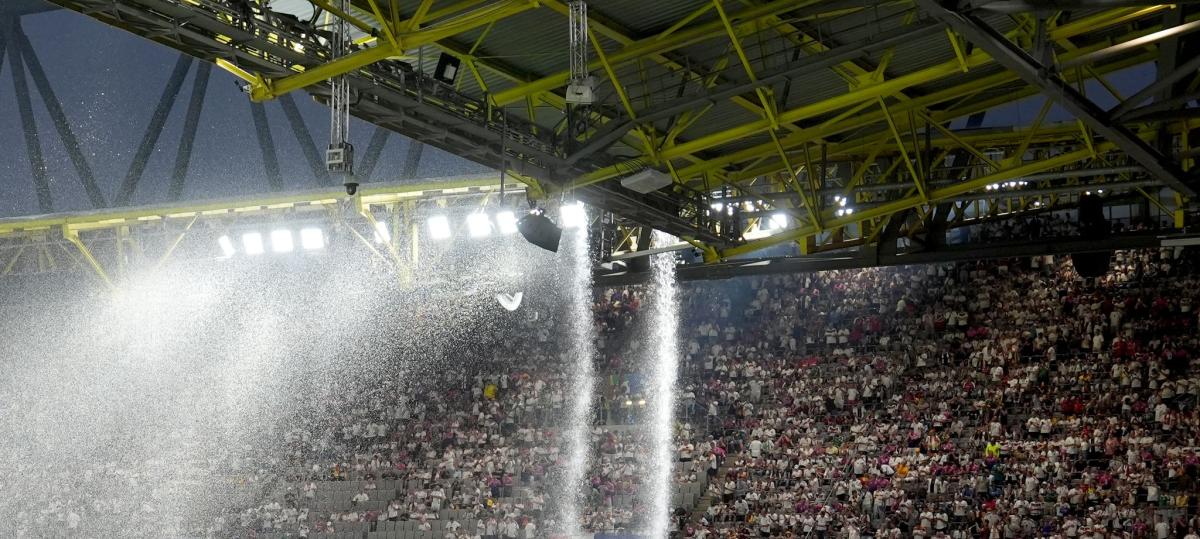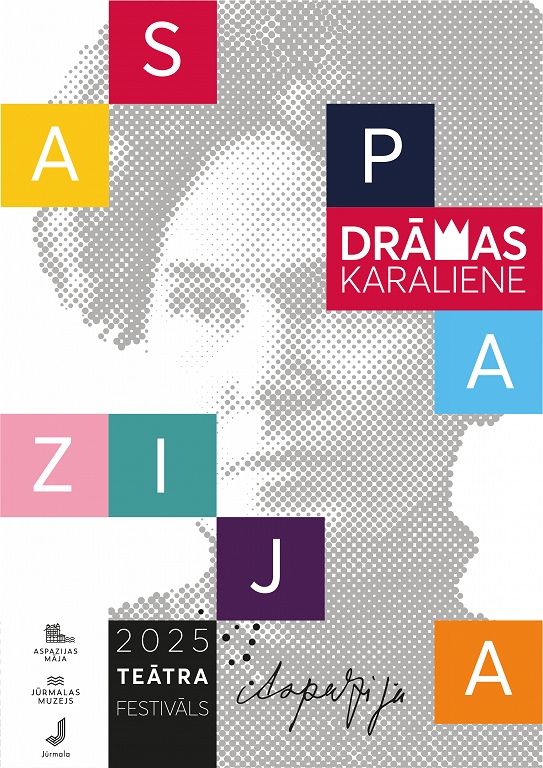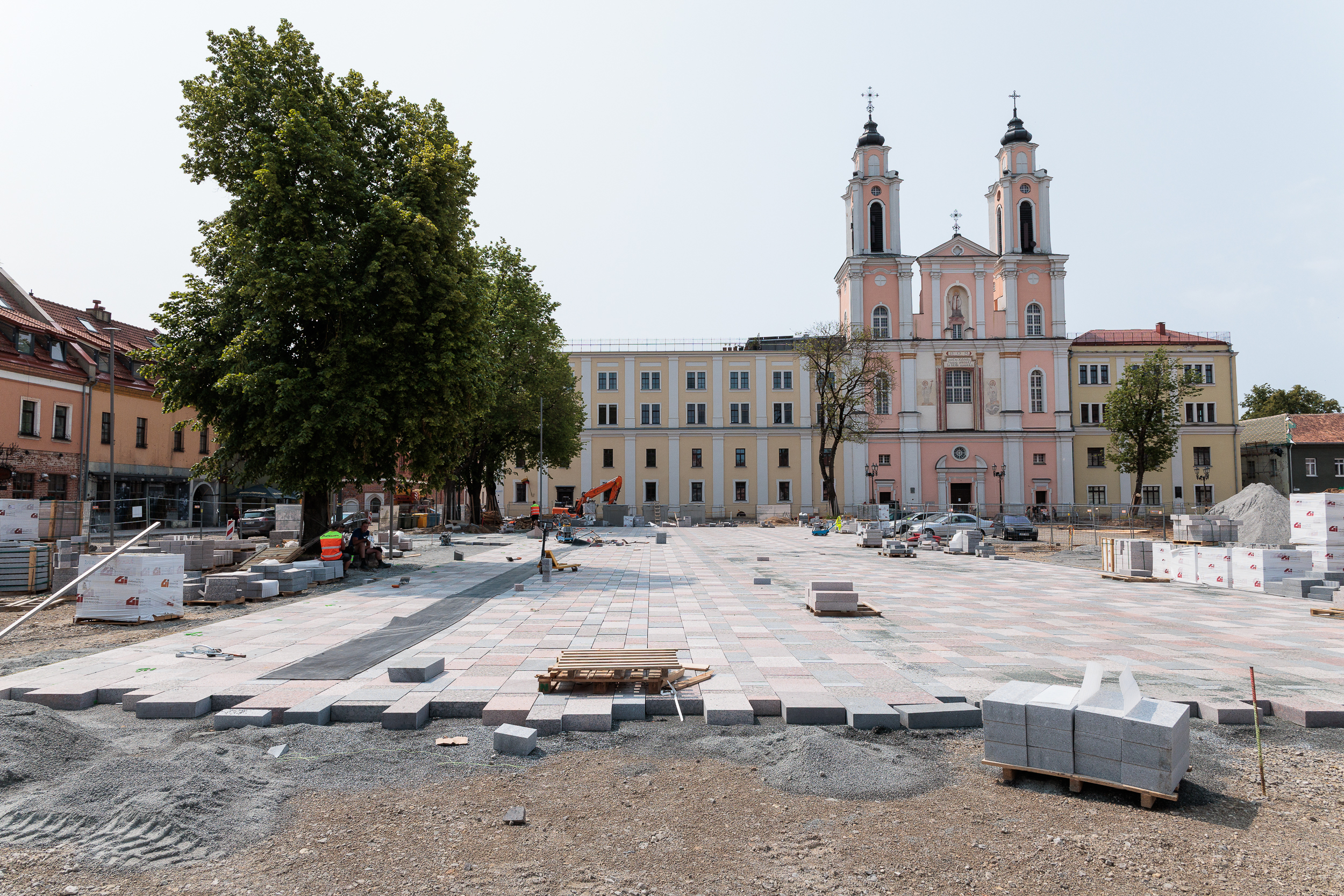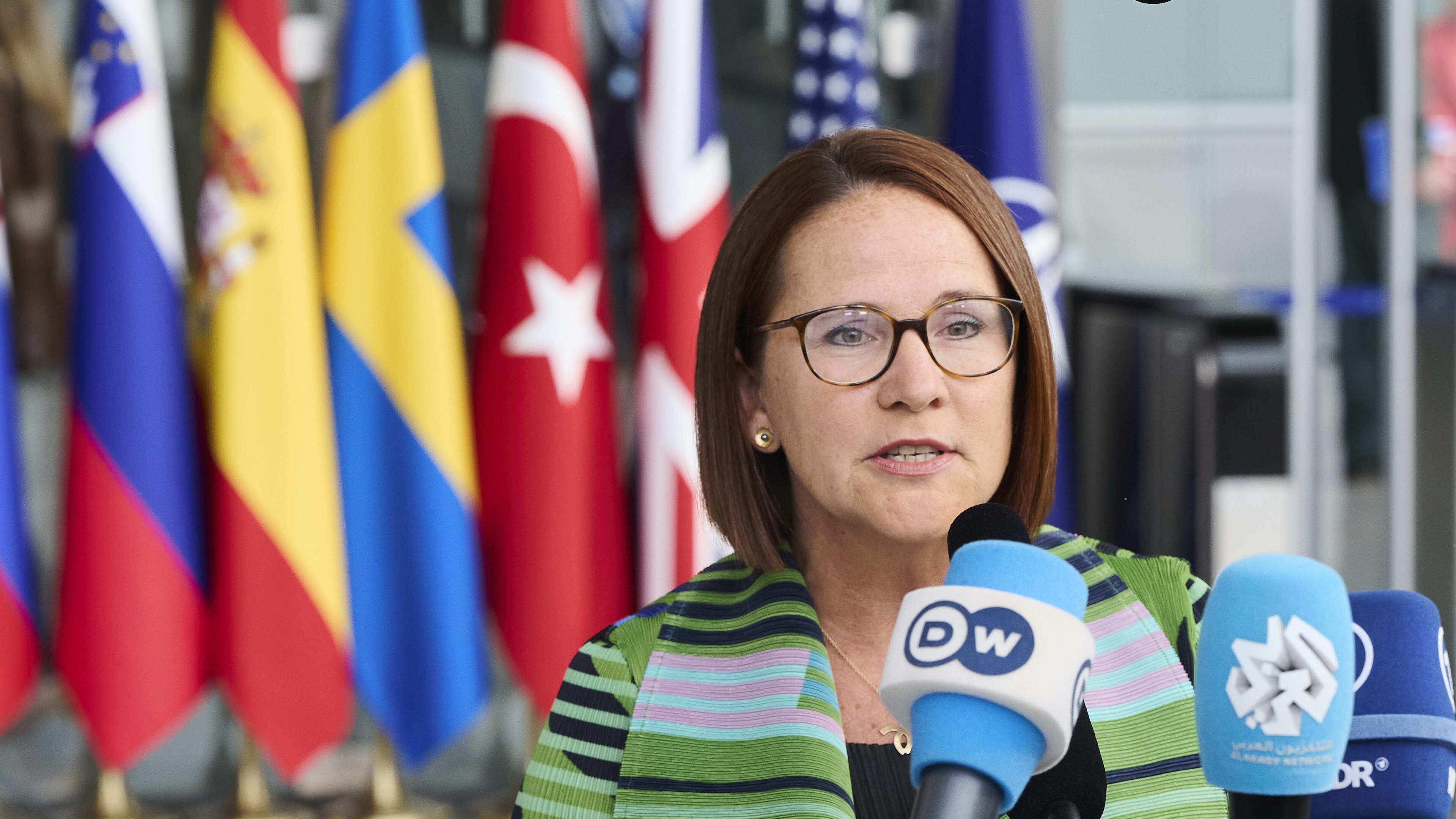Omtzigt’s administrative ideals clashed with reality from The Hague
:format(webp)/s3/static.nrc.nl/images/gn4/stripped/data131055541-e039e7.jpg)
Just like last Friday with his farewell video, Pieter Omtzigt surprised the Netherlands on Sunday evening, August 20, 2023 with a video on X. He announces the establishment of a new political party, New Social Contract (NSC) and thus shakes the political landscape in the run -up to the November elections. « Our country has major problems and they ask for a new way of making politics, » he says in the video. Omtzigt speaks of « a board that is not functioning properly ». « We have crisis after crisis and do not get them resolved. »
Omtzigt’s promise was clear: NSC would be completely different in Politiek The Hague and there would be a new management culture. But realizing that change turned out to be very difficult for Omtzigt and NSC after the nice election result (20 seats). That had to do with the new role that Omtzigt and his party soon had to assume: from parliamentary watchdog and system critic in the Chamber, NSC immediately became a government party that had to prove that it could be administratively better after the era Rutte.
Read also
Pieter Omtzigt wanted to be a difficult politician, but was seen more and more as a burden by his party
A determining choice of Omtzigt was to rule with the PVV of Geert Wilders. Although he had excluded this in the campaign, he saw no other option after the sample victory of the PVV (37 seats). Omtzigt tried to set conditions for the cooperation to keep a distance from the PVV. For example, he first wanted to tolerate and the coalition of PVV, VVD, NSC and BBB then had to become ‘extraparlialitactad « , with many ministers from outside the parties. That did not happen, the Schoof cabinet soon became a very ordinary cabinet in which PVV and NSC had to work together.
Omtzigtian solution
In terms of content, the emphasis that Omtzigt had put for years to protect the democratic constitutional state, while the PVV is considered a party that goes against it with many proposals. The NSC leader came up with an Omtzigtian solution: a document was drawn up in the formation, the ‘basic line rule of law’, in which all four coalition parties solemnly promised judges, institutions and media to respect the political debate in a decent way. But in practice, PVV leader Geert Wilders and some PVV ministers did not care about the basic line, which soon created the image that Omtzigt had reached nothing at this important principle point.
Also the intended ‘extraparliamentary’ working method of the coalition, an idea of Omtzigt, has not come out of the paint at all. The original idea was that there would be more distance between the cabinet and the House of Representatives: in the years of the Rutte cabinets, too much was tuned between the government and coalition fractions, Omtzigt often complained. The cabinet had to get more freedom for policy and come to the Chamber with proposals to have the debate there, the era of the back rooms would be a thing of the past.
The most painful for NSC is perhaps the totally jammed recovery operation for the surcharge scandal
The opposite has happened. In the coalition itself last summer there was already great surprise and annoyance about the level of detail at which Omtzigt was involved in the budget negotiations. In the past week, he was not physically present in the discussions about the Spring Memorandum and also less intensively, but the hours of negotiations between the cabinet and the rest of the coalition summit showed that the cabinet has little freedom of policy. It is the coalition parties that control the country and negotiate over any detail because they do not really trust each other.
Various ministers, including NSC vice prime minister Eddy van Hijum, have been displeased in recent days about the determining role of the coalition parties and the major shifts in the budgets, which often took place without good coordination with the ministries. It certainly did not reflect the NSC ideals of administrative purity and healthy new relationships, but rather seemed like a political exchange without a clear idea.
/s3/static.nrc.nl/images/gn4/stripped/data131076530-e15c2c.jpg|https://images.nrc.nl/uBRazDs5NVlWzwVjleViz2OVlOM=/1920x/filters:no_upscale()/s3/static.nrc.nl/images/gn4/stripped/data131076530-e15c2c.jpg|https://images.nrc.nl/9rYMRDtxvx6t56csGx4DQ2WqtA0=/5760x/filters:no_upscale()/s3/static.nrc.nl/images/gn4/stripped/data131076530-e15c2c.jpg)
Photo Peter Hilz/ANP
Existence
In the meantime, NSC is struggling to get something done in this coalition. This week, the party was proud of the results regarding existence in the Spring Memorandum, for example by pointing out extra money for the settlement of problems with the WIA benefits and a higher minimum youth wage. But with the large institutional changes that the party wants, it is difficult. Omtzigt itself had hobby horses such as the establishment of a constitutional court and a complex new electoral system, but these are radical reforms that take years and of which it is uncertain whether NSC minister Judith Uitermark (Interior) can bring them to a successful conclusion.
The most painful for NSC is perhaps the totally jammed recovery operation for the surcharge scandal. In his farewell video, Omtzigt proudly says that he revealed the scandal years ago and is still ‘full of ideas’ to help the victims. The reality is that since last summer, NSC has been administratively responsible for the recovery operation, first with State Secretary Nora Achahbar, and now with Sandra Palmen. However, the relationships between the Ministry of Finance and the Foundation of Princess Laurentien, who deals with settlement of the damage for the victims, are so soured that a good and fast solution seems to be further away than ever, whatever NSC tries.
Now that Omtzigt itself will have to be shown how sustainable are his political ideas and party. In his farewell video, Omtzigt says that with his party members in the cabinet and the House of Representatives « the ideas of existence and good governance is in excellent hands ». But without figurehead, and with two virtual seats in the polls, the question is whether Omtzigt does not leave NSC with an impossible assignment.

/s3/static.nrc.nl/images/gn4/stripped/data133212332-41b949.jpg)
:format(webp)/s3/static.nrc.nl/images/gn4/stripped/data133314127-765aec.jpg)
:format(jpeg):fill(f8f8f8,true)/s3/static.nrc.nl/wp-content/uploads/2019/10/youp5bij3.png)




